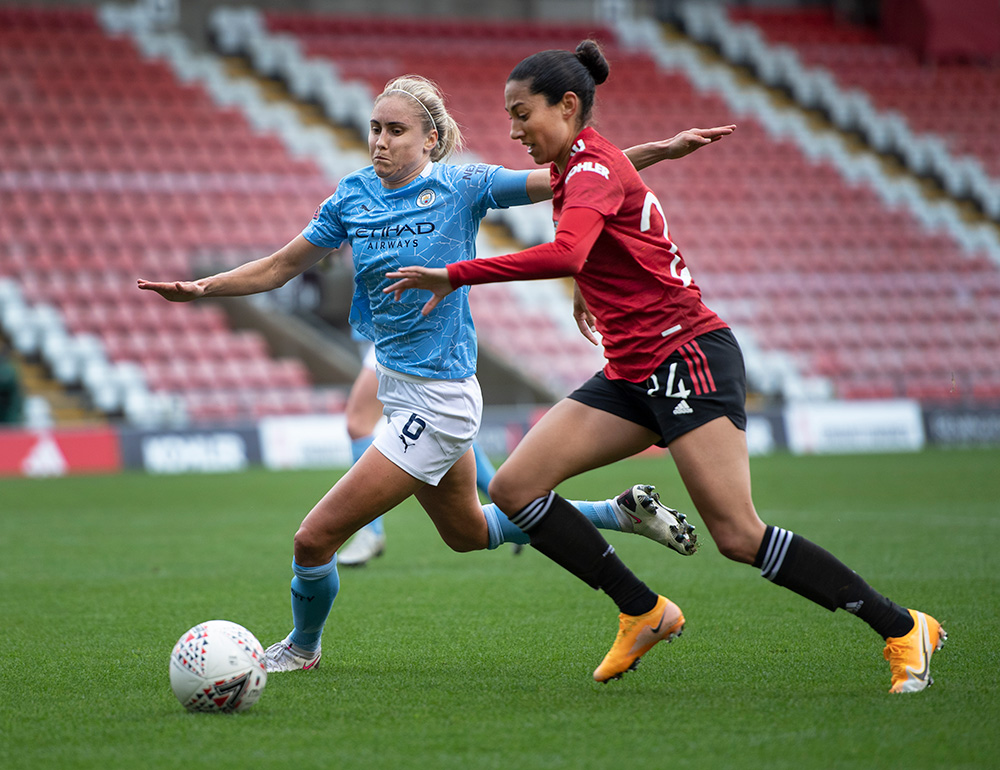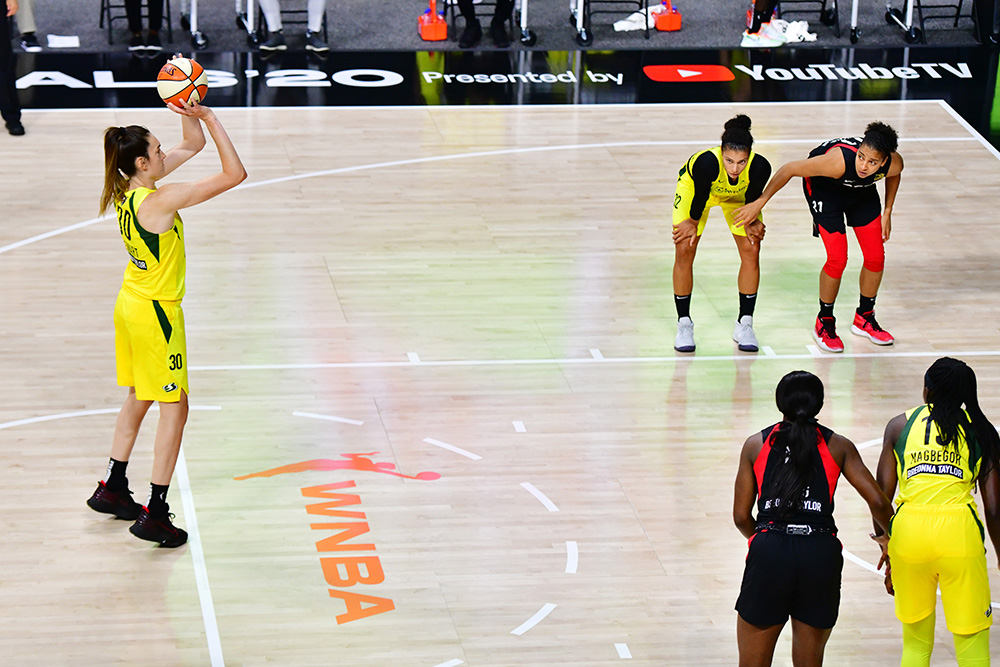Women’s sport properties beginning to secure partnerships independent of their male counterparts
- Uefa’s $28 million partnership with credit card firm Visa demonstrative of the growing value of women’s sport within multi-gender sports properties
- Previous partnerships with the European football federation covered inventory for both men’s and women’s competitions, including the Uefa Champions League and European Championships
- A similar trend is seen with the Fifa Women’s World Cup, though women’s specific sponsorship is currently limited to less lucrative event partnerships in Fifa’s ‘National Supporter’ partner category
Landmark title sponsorship of England’s Women’s Super League demonstrates the viability of the lead domestic women’s soccer properties
- The WSL’s title sponsorship with British bank Barclays, worth a reported $4.42 million annually, highlights that properties that function solely for women’s sport are able to attract lucrative brand partnerships, without reliance on a male equivalent
- Barclays is a current partner of the Premier League, and a former title sponsor, with its commitment to women’s soccer highlighting that brands with a history of sports sponsorship are seeing the value in women’s sport
- The emergence of such partnerships may encourage further commitments into various sponsorship markets within women’s sport, with the rate of athlete endorsement deals growing

Opportunities emerging for brands to capitalise on the growth in women’s sport, forging unique partnerships with properties that have historically lacked in commercial investment
- Increase in viewing figures and engagement across multiple women’s sport competitions and properties such as the WNBA and the Women’s T20 Cricket World Cup is creating windows of opportunities for brands to access targeted audiences
- Cricket Australia has seen long running partner Commonwealth Bank commit exclusively to its women’s team, suggesting that the women’s national side is capable of forging its own commercial direction
- While differentiated partnerships between men's and women’s teams provide brands with less inventory, it can allow them to create a more distinguished and unique stand alone partnership with its product’s audience.

This is an extract taken from the GlobalData Comercial Development of Women Sport report.